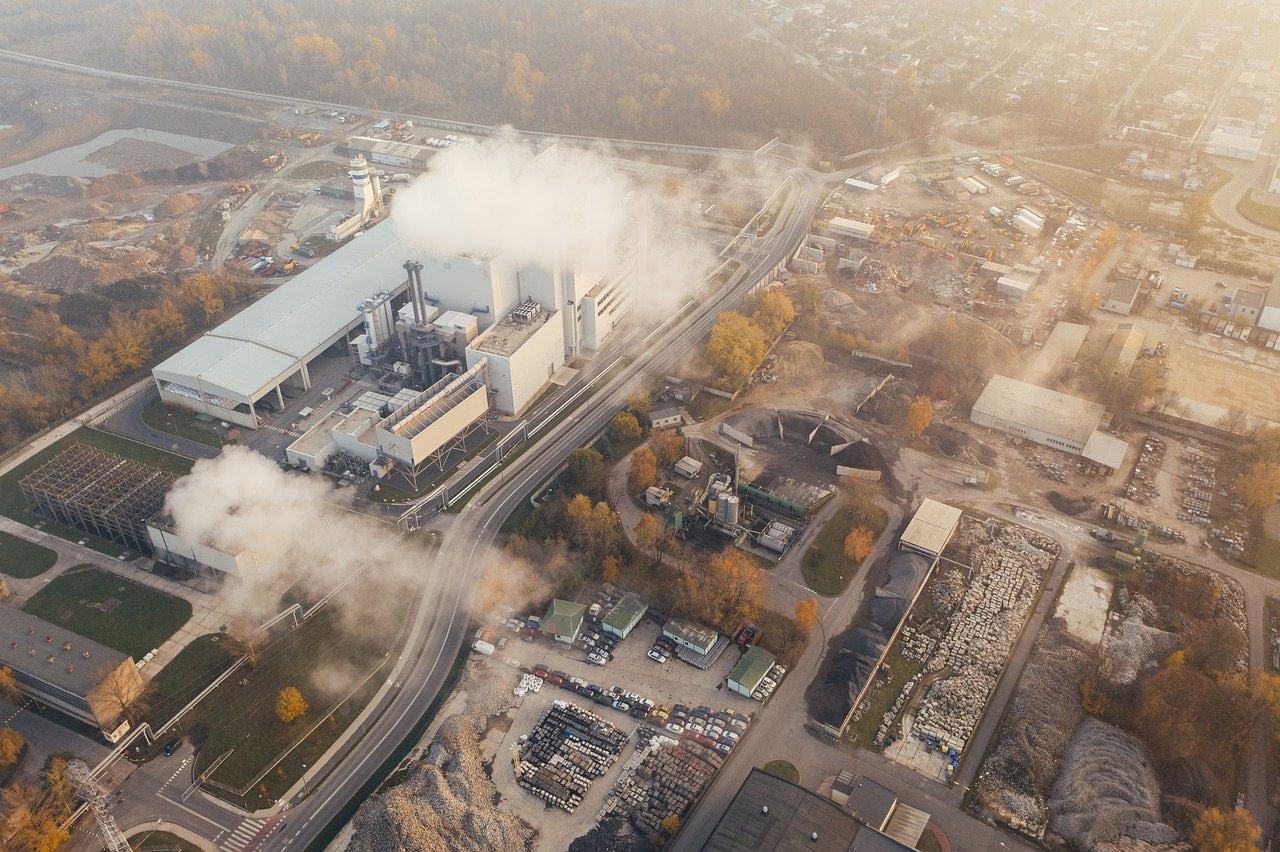The Nationally Determined Contribution (NDC) synthesis report shows once again that the world is not on track to meet the Paris Agreement goals.
Q2 2021 hedge fund letters, conferences and more
Commentary by Nicolette Bartlett, Executive Director, CDP
The Penultimate Round Of Updated NDCs
The 26th COP meeting in November has long been heralded as the COP that will move governments from discussion and negotiation to implementation and action. However, it is clear from the release of the penultimate round of updated NDCs, that national commitments currently fall short of the action needed to reach a 1.5°C, resilient future.
The IPCC’s Sixth Assessment Report (AR6) made clear the reality of the situation we face globally and the pathway we are on. Any increase in temperature is a terrifying prospect, and we know just how catastrophic the difference between 1.5°C and 2°C of warming is.
However, AR6 also illuminated the path forward and the ‘narrow corridor’ wherein a 1.5°C temperature rise can still be maintained. These findings should incentivise and provide a roadmap for governments, and whilst the current level of action is insufficient to meet the scale of the challenges we face, there is still a window of opportunity for governments, as well as cities, states and regions, to reset their goals and activities.
Ahead of COP26, CDP urges governments to ensure their NDCs are in line with a 1.5°C minimum target and ensure that robust roadmaps and policies are in place to get there. With a deadline for updated NDCs of 12 October, the final report release on 25 October will provide the clearest picture of where we stand.
Ambition Has Increased
It is encouraging to see that ambition has increased since the last NDC synthesis report was released in February, but there is still much progress to be made. Holding the COP Presidency this year, now is the time for the UK and other large economies to demonstrate leadership and accountability. The effects of climate change on people and planet are felt disproportionately by lower income countries. However, a year of extreme and too often fatal weather in the West should have reminded us that no nation is immune to the impacts of climate change.
Alongside governments, non-state actors, who are at the heart of the Paris Agreement, can and must act. Whilst we are seeing a huge momentum in net-zero pledges from corporates globally, it is vital that companies have 2030 science-based targets that are in line with 1.5°C, backed up by robust and credible transition plans. Companies must also be held to account for their progress against those plans. Governments should use the momentum of corporate progress to advance ambitious, net-zero aligned policies, giving clarity and confidence to non-state actors, in turn strengthening the ambition loop.
CDP also urges all governments, national and subnational, investors and businesses to ensure that climate change isn’t dealt with in isolation. Environmental issues are inter-connected, so climate change must be tackled in tandem with protecting and restoring nature, from water to forests and biodiversity.
In the ongoing absence of sufficient national climate commitments, reaching 1.5°C becomes increasingly difficult, if not unachievable. We know that solutions exist, technologies are available and capital is ready to be allocated. We now need to connect the dots, move faster and work even more closely together before it is too late.





